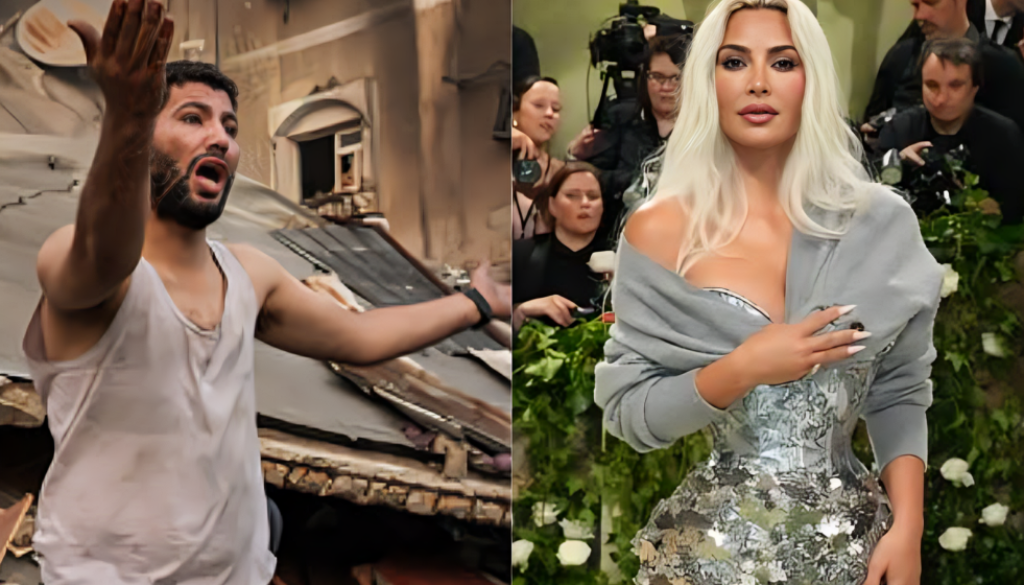3 humanitarian causes that Met Gala’s $26 million proceeds could have helped
The Met Gala, renowned for its extravagant fashion and A-list attendees, has once again captured attention, this time due to its remarkable surge in ticket prices. Entry to this exclusive event, hosted annually at the Metropolitan Museum of Art in New York City, now commands a substantial fee of $75,000 per individual ticket for the year 2024, as reported by Financial Express. This represents a notable rise from the $50,000 ticket price in 2023, indicating the increasing allure and exclusivity associated with the gala.
The Met Gala has undergone a remarkable evolution since its humble beginnings in 1995 when individual tickets were priced at a modest $1,000. Today, attendees face significantly higher costs, with individual tickets soaring to $75,000 for the 2024 event. Additionally, guests looking to secure a table at the gala encounter substantial expenses, with prices for a 10-seater table starting at a staggering $350,000. Despite these steep price points, the gala continues to generate substantial funds, as reported by the New York Times. The event raised approximately $26 million in 2024, representing a $4 million increase from the previous year.
While the Met Gala undoubtedly garners significant financial support, some argue that the proceeds could be allocated to more pressing humanitarian causes. For instance, Palestine is cited as an area in dire need of assistance. According to CNN, the United Nations estimates that Palestinians require over $1.2 billion in urgent humanitarian relief, with the majority earmarked for Gaza residents. However, as of January 2024, only a portion of the necessary emergency funding had been provided. A hypothetical analysis suggests that the funds raised from the Met Gala could have made substantial strides in addressing critical issues such as food security and protection in afflicted regions.
The conflict between the Sudanese Armed Forces and Rapid Support Forces has thrust Sudan into the spotlight of the 2024 Emergency Watchlist, dangerously teetering on the brink of collapse. Within a year of the conflict’s eruption, the number of people requiring humanitarian assistance has more than doubled.
Reports from human rights organizations in Darfur depict a grim picture of widespread mass killings and forced displacement along ethnic lines. The situation is expected to worsen significantly, leaving millions without access to adequate food, healthcare, and other essential services.
In neighboring South Sudan, insecurity has plagued the nation since gaining independence from Khartoum in 2011. As the conflict escalates in Sudan, concerns are mounting that it could further destabilize South Sudan’s fragile economy and escalate political tensions. Additionally, the country grapples with an economic crisis and increased flooding, exacerbating food insecurity. Presently, a staggering 9 million people in South Sudan require humanitarian aid, representing 72% of the population.
Meanwhile, in the Democratic Republic of the Congo (DRC), violent clashes erupted in the eastern region following the breakdown of a ceasefire between the government and the M23 armed group in 2023. This intensified an already protracted crisis, exposing millions to conflict, political tensions, economic hardships, climate-related disasters, and recurring disease outbreaks. As of 2024, the DRC faces the daunting challenge of providing humanitarian assistance to 25.4 million people, surpassing any other nation in terms of humanitarian need, according to the International Rescue Committee’s 2023 report.
The severity of these crises has overwhelmed services, leading to heightened levels of food insecurity and contributing to the spread of illnesses. Moreover, insufficient humanitarian funding and widespread insecurity have impeded aid workers’ efforts to reach affected communities.
These global crises underscore the urgent need for attention and action. The International Rescue Committee’s detailed report highlights numerous devastating crises that demand acknowledgment and intervention. However, a sense of media responsibility and reporting often fall short, perpetuating the suffering of those in need.
As we confront the harsh reality of a world where wealth flaunts itself extravagantly while the majority struggles to secure a single meal, it is crucial to collectively awaken to this nightmare and work towards meaningful change.





